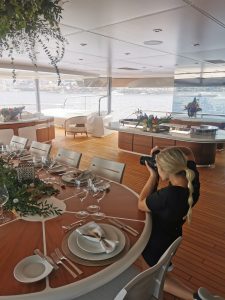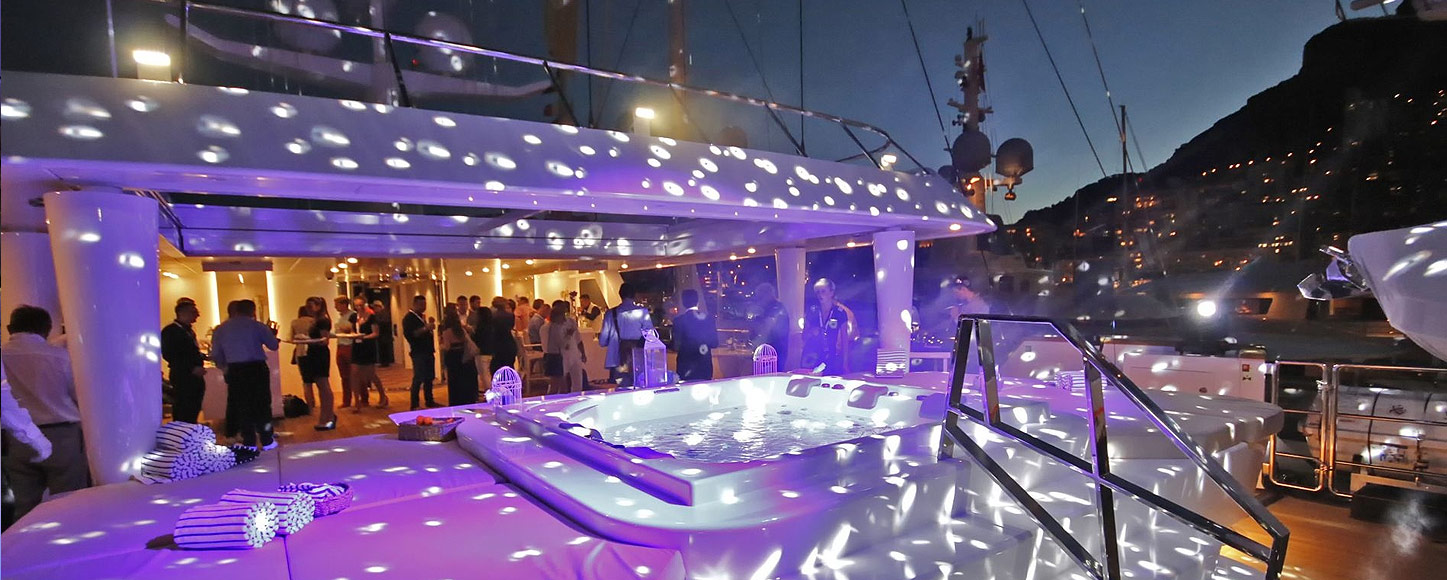“AN EVENT IS NOT OVER UNTIL EVERYONE IS TIRED OF IT” – MASON COOLEY
What does the Super Bowl have in common with the F1 Grand Prix? What does Coachella have in common with the Olympics? Anticipated build up and post discussion – everyone talks about these events before they take place, and everyone is still discussing them after they happen. That is because events like these can have huge impact. They’re highly anticipated and spoken about at large after – proving an event is not truly over, until everyone has finished speaking about it.
Until that point, the event lives on.
Events bring people together through live experiences. There is a type for everyone, matching the passions and habits across cultures, seasons and industries, both within the social market and the corporate market – from sporting events to music festivals and concerts, weddings to themed parties, corporate product launches to charitable initiatives.
I have been passionate about events since a young age. They intrigue me, challenge me, enliven me.
I have worked multiple events over the years, as Brand Ambassador at Red Bull South Africa and as marketing promoter for various agencies and companies. And now having worked high profile events for the past five years in the exclusive yachting industry, I have been afforded the hands-on opportunity to identify and corroborate distinct similarities between events onboard yachts and events on land.


THE GREATEST BEING IMPACT.
The impact an event has on its attendees – whether they are renowned athletes attending a VIP Gala on a superyacht, or students standing in the general admission section at a concert – is the biggest common denominator between the two.
How impactful is the event? Do they love it? Is the experience a positive and memorable one?
The impression attendees have at an event is vital to its success.
As is Vision, Concept, Process, and Approach.

“A CLEAR VISION, BACKED BY DEFINITE PLANS, GIVE TREMENDOUS CONFIDENCE” – BRIAN TRACEY
GREAT EVENTS ARE ABOUT THE BIGGER PICTURE.
This is why VISION is crucial. Vision defines the event’s purpose. Vision drives decision-making. Vision directs everything you do as an event planner. Regardless of whether an event is onboard or land-based, guests and event attendees desire genuine connection, something real – vision ensures this.
CONCEPT IS CRAFTED ONCE VISION IS CLARIFIED.
What do the elite expect from events and occasions on their luxury vessels? Besides impeccability – highly distinct, captivating and creative ideas. Having an experience that won’t be matched on another yacht, is the ultimate goal.
Similar to land-based events where the aim (should be) to curate memorable experiences for those in attendance.
“WE OVERESTIMATE THE EVENT AND UNDERESTIMATE THE PROCESS. EVERY FULFILLED DREAM OCCURRED BECAUSE OF DEDICATION” – JOHN C. MAXWELL
I love this quote because of it’s accuracy.
Often in Events, and in life in general, we are enticed by the build-up and create our highest expectations, but forget about the journey or the process involved. Any occasion has bigger reward when there is commitment or dedication preceding it.
Events are a perfect example.
It’s because of the long hours, the hard work, the effort and the dedication, that the event has greater reward for those planning it or attending it.
EXTENSIVE EVENT PLANNING PROCESS GOES INTO ARRANGING EVENTS.
Whether on-land or onboard, the same guidelines apply: Initiating, Planning, Executing, Monitoring, Controlling and Closing phases secure continued success of an event. Process matters, and is always worthwhile the time, effort and work spent.
“PEOPLE MAKE EVENTS INTO STORIES. STORIES GIVE EVENTS MEANING” – SCARLETT THOMAS

Building on the IMPACT factor, how do you ensure an event will be enjoyed at maximum capacity? What guarantees it will be a success and have everyone talking about it?
The answer is not money or large budgets. The answer is planning.
Tomorrowland 2022 sold 600 000 ticket passes in 10 minutes. The hype around the most iconic music event of the summer is unmatchable by competitors. Behind the scenes though – extensive planning. 700 artists. 14 stages. And a month after the two 3-day weekend festival in July, organisers start planning for the following year. (medium.com)
This speaks to planning. Plan as if it is the first and last event taking place. Invest in it. Curate from originality, creativity, open-mindedness. Think BIG.
Follow a dedicated, calculated approach.
TAKING A PROJECT MANAGEMENT APPROACH IS MOST BENEFICIAL.
Why? Because an event is much like a project – it needs to be delivered on time, its scope and quality is predetermined by the event concept, and the budget is crucial. When you approach an event like a project, affording it specificity, constraints and deadlines, the chances of influence eluding it are that much greater. The chances of people making the event into stories and creating conversations, are that much higher.


